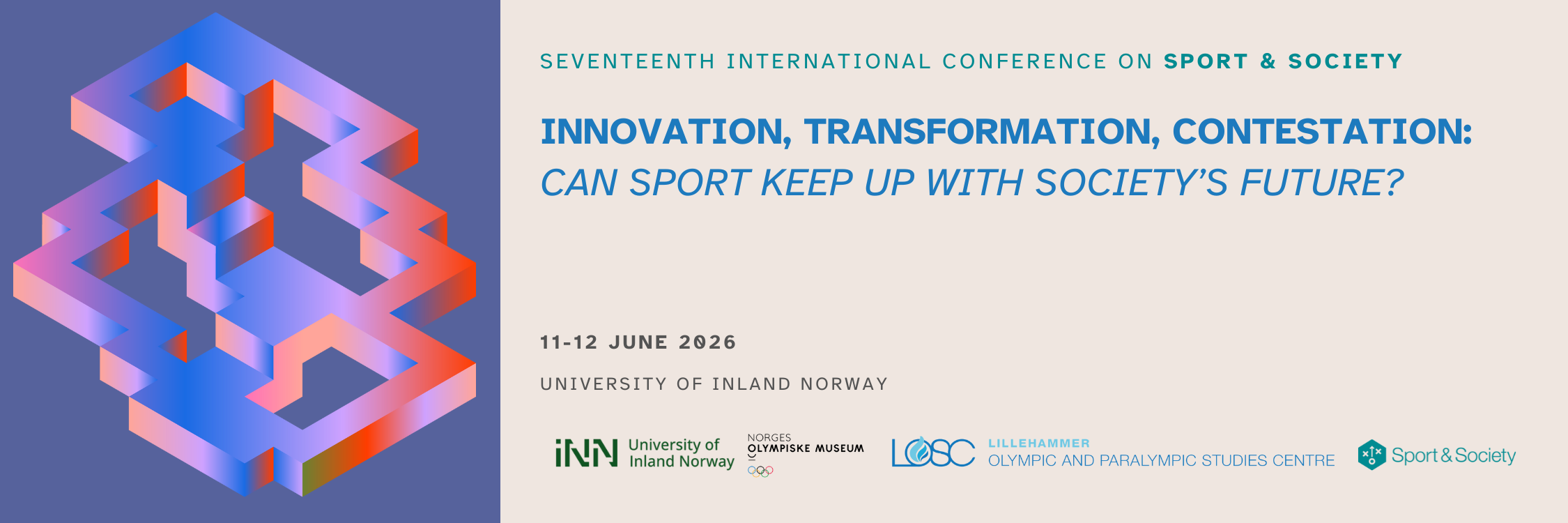Abstract
An examination of the effects on education of the singular American model merging academics with competitive sports through the institutional construct of the “student-athlete.” Unlike Europe, the United States alone uniquely combines high school and collegiate academics with both individual and team sport. This model was originally initiated to promote citizenship and assimilation into American culture for successive waves of immigration following the Civil War. Sport was viewed as an effective way of facilitating a cohesive national and community identity for increasing numbers of these populations. It has since become rife with deleterious educational implications. Specifically discussed is how the dual demands of academic excellence versus athletic achievement have seriously compromised the quality of education. This thesis proposes that the early student-athlete paradigm, wholesome as that may sound, evolved into the more recent quasi-professional “JOCK-student”, resulting in conflicts between institutional priorities wherein athletic achievement now eclipses academic rigor. Highlighting empirical research, this proposal focuses on the long-term educational costs of conflating sport with scholarship. Ultimately, it questions whether the American approach today, which we can categorize as ‘pay for play’ primarily serves an increasingly commercialized Division 1 collegiate sports industry at the expense of quality education.
Details
Presentation Type
Paper Presentation in a Themed Session
Theme
KEYWORDS
QUALITY SPORTS EDUCATION, COACHING, YOUTH SPORTS, COLLEGE SPORTS, STUDENT ATHLETES

